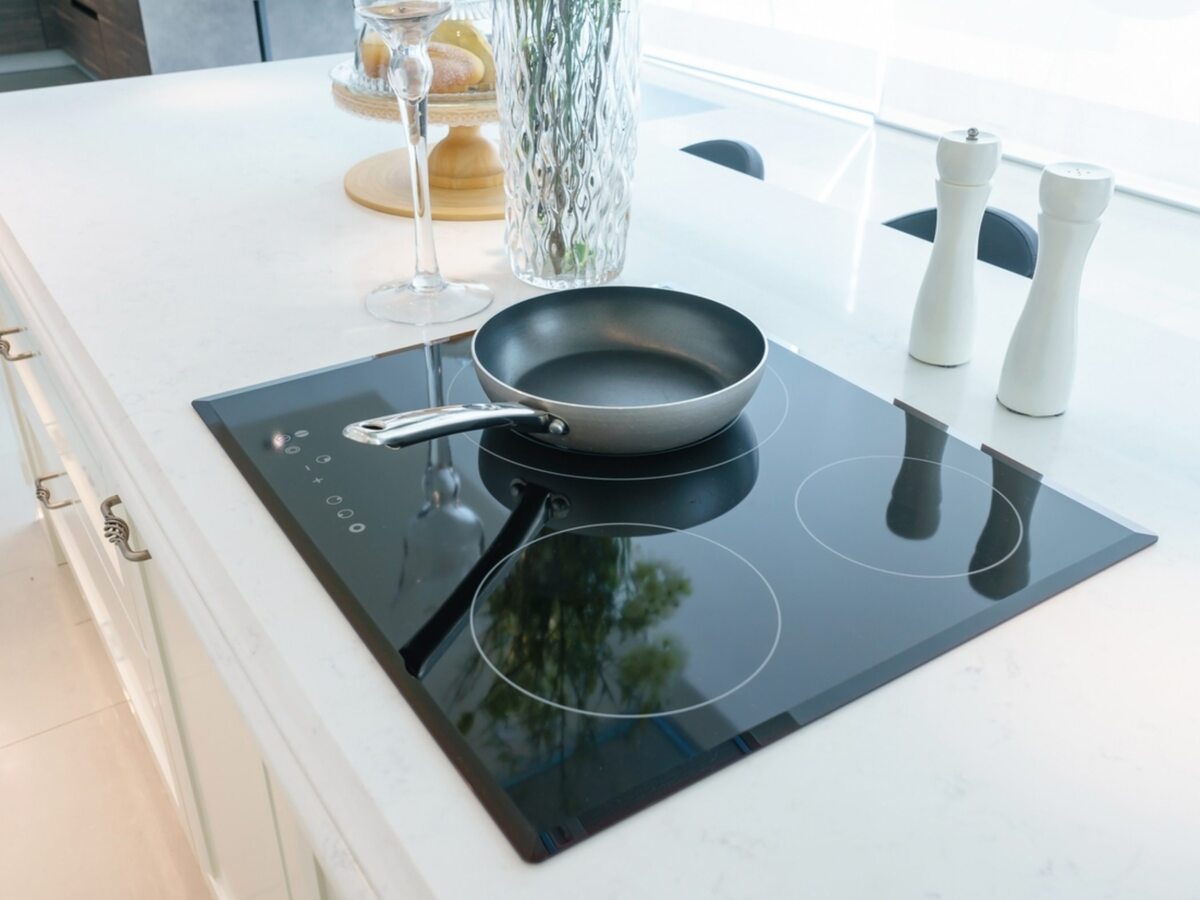Induction cooking has the power to change the way you cook. Magnetic current technology makes mealtime easier, from prep to cleanup. Check out four of the top benefits of induction cooking to decide if this technology is suitable for you and your kitchen.
1. Decreased environmental impact
Induction cooking can help you save energy in the kitchen. While a conventional gas stove uses a flame that releases heat around the pan and an electric burner emits indirect radiant heat, induction stovetops get more heat to the food and less to you and your kitchen.
That's what makes induction stoves 5% to 10% more efficient than conventional electric stoves and up to three times more efficient than gas models. Induction can help you spend a little less on home cooling bills and have a healthier home environment, too.
2. Improved safety
Even if you take countless safety precautions, cooking with fire, grease and oil can still be dangerous. Wouldn't you want to remove as many risks as possible to keep you and your family safe during meal prep?
Induction cooktops remove multiple dangers. No fire means no grease fires, and no gas means no chance of a gas leak. They also have a leg up on electric stovetops. Induction cooking creates heat in the pan instead of on the stovetop itself, making burns much less likely for you and your curious kids and pets.
3. Faster cooking times
In addition to its other enticing benefits, induction cooking is the fastest way to prepare your food. Because induction technology heats the pan directly, food cooks faster once you turn the cooktop on and responds more quickly when you turn the heat off.
A few minutes may not seem like a deal-maker or breaker, but it will certainly make a difference when trying to make food in a pinch.
4. Easy to clean
Like traditional electric cooktops, induction cooktops are made of glass and have a smooth surface, so you don't have to pick up and clean any grates. But a bonus is that induction burners don't heat the cooktop's surface, so spills and splatters require nothing more than a quick wipe-down.
Even if you don't immediately tidy up, you don't have to worry about burnt food or annoying circles on your cooktop's surface.
Ready to revolutionize your cooking experience? Keep an eye out for energy-efficient induction models as you shop for a new stove.

